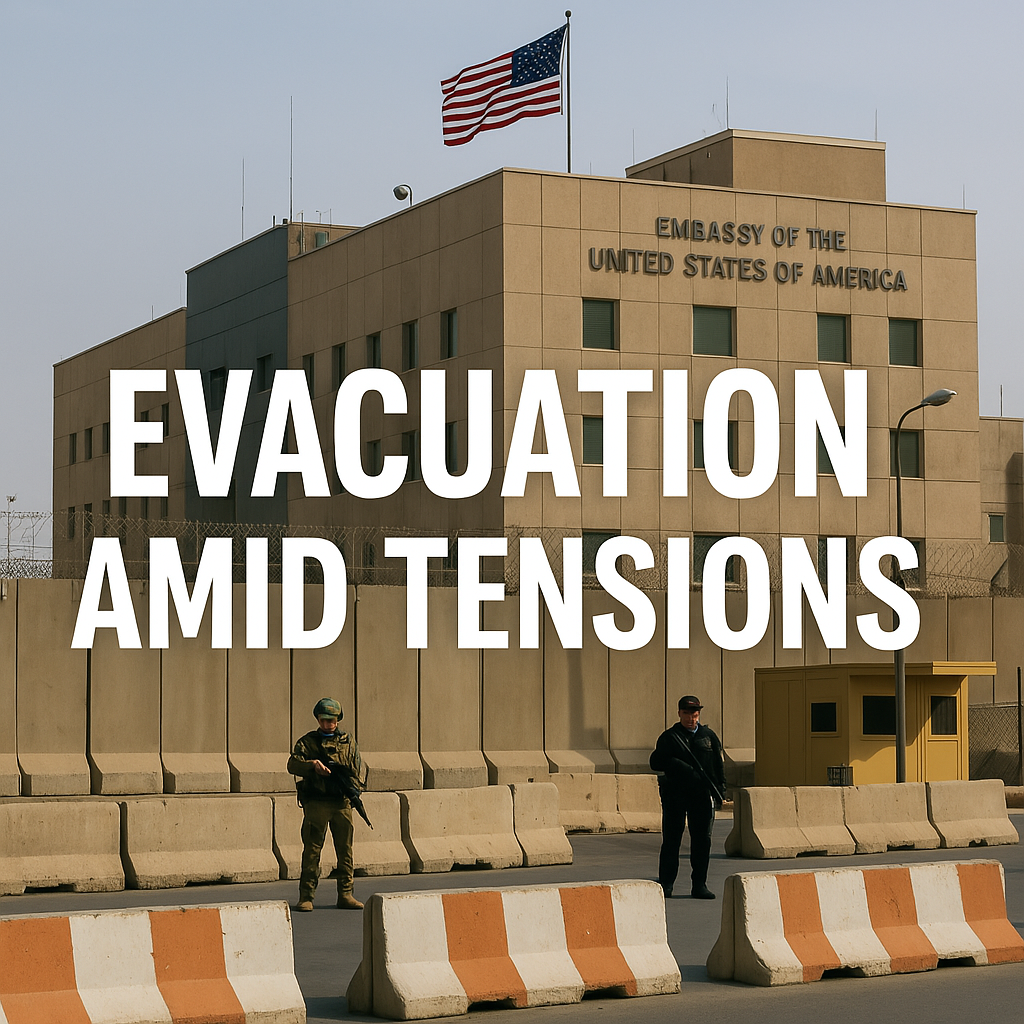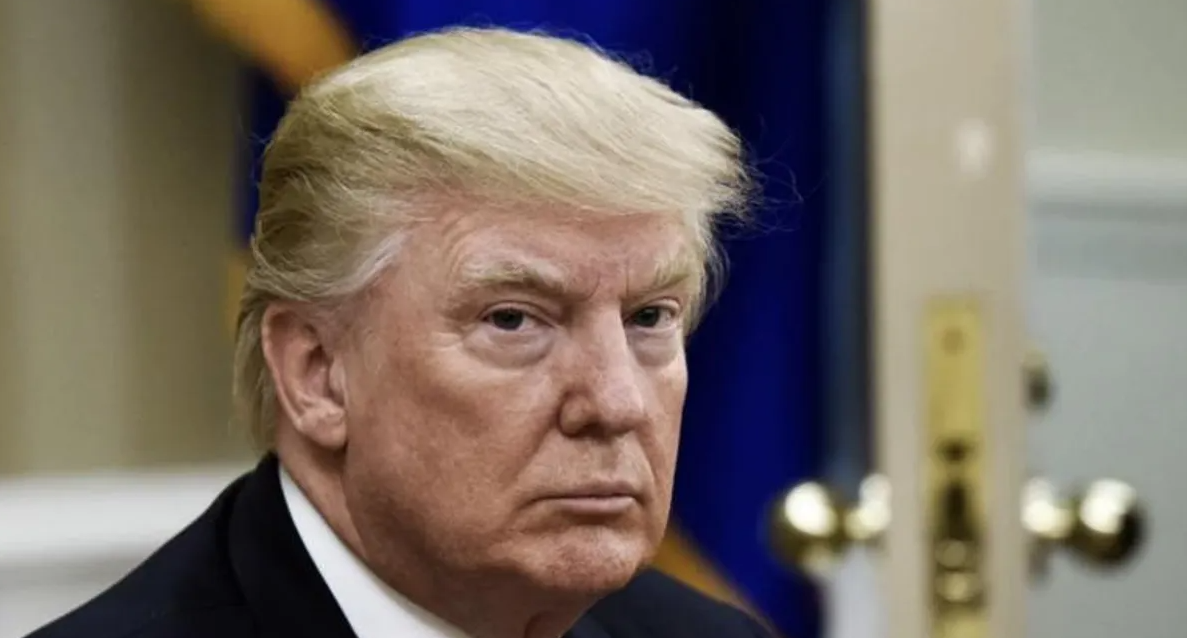June 2024 – Baghdad, Iraq: The United States has announced a partial evacuation of its embassy in Baghdad amid escalating security concerns tied to increasing tensions with Iran. This strategic move underscores deepening instability in the region and the potential for further conflict between U.S.-aligned forces and Iranian-backed elements in Iraq.
Background on the Escalation
The decision follows a series of incidents involving Iranian proxy groups in Iraq, who have intensified threats and potential attacks against U.S. diplomatic and military personnel. In May, U.S. intelligence agencies warned of imminent coordinated threats from militia forces related to Iran’s Islamic Revolutionary Guard Corps (IRGC), leading the State Department to begin drawing down non-essential staff from the embassy in Baghdad and the consulate in Erbil.
This is not the first time embassy staff have been reduced due to security concerns. A similar measure was taken in 2020 following the assassination of Iranian General Qasem Soleimani near Baghdad International Airport, which drastically soured U.S.-Iran relations in the region.
Why Is This Happening Now?
The latest tensions have been fueled by multiple geopolitical factors, including recent U.S. sanctions on Iran’s nuclear program, Tehran’s support for militias in Iraq, and the ongoing Israel-Gaza conflict, which has ripple effects across Middle Eastern alliances. U.S. officials also cite increased drone and missile activity targeting American interests in Iraq and Syria, which are believed to be orchestrated by Iranian-backed groups.
Implications of the US Embassy Evacuation in Iraq
The partial evacuation marks a significant step in U.S. foreign policy in the Middle East. Analysts suggest that it demonstrates both the seriousness of the threat and Washington’s desire to avoid a full-scale military confrontation. However, critics argue that reducing diplomatic presence could hinder peace-building efforts and increase Iranian influence in Iraq.
Furthermore, it poses operational challenges for coordination between Iraqi and U.S. agencies combating insurgency and maintaining regional stability. It could also affect visa issuance and other citizen services currently functioning out of the diplomatic missions.
Authoritative Sources to Follow
- Reuters – Regular updates on U.S.-Iran tensions and regional geopolitics.
- Al Jazeera – In-depth regional context and analysis.
- U.S. Department of State – Official press releases and travel advisories.
- BBC News – International perspective on Middle Eastern affairs.
Final Thoughts
As the U.S. embassy evacuation in Iraq unfolds, observers should closely monitor both diplomatic signals and actions from Tehran, Baghdad, and Washington. While the withdrawal may prevent unnecessary casualties, it brings to light the fragile security environment in Iraq and the broader implications of rising hostilities in the Gulf region.





